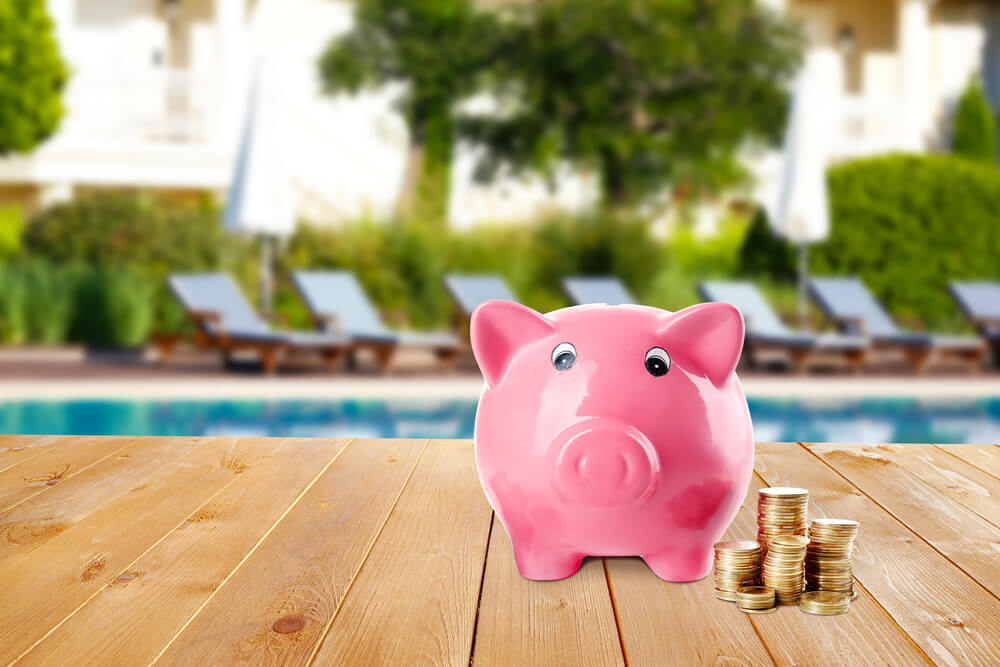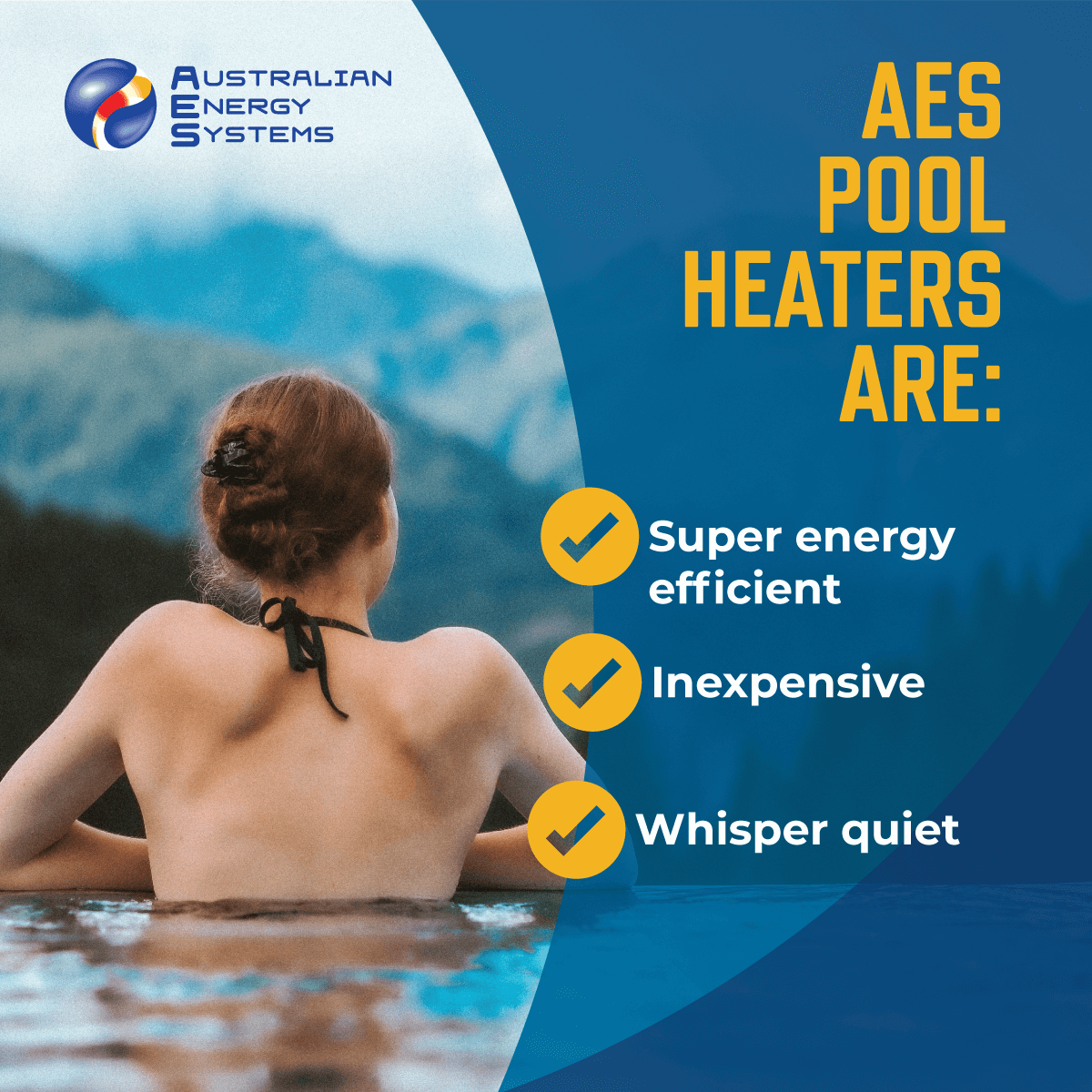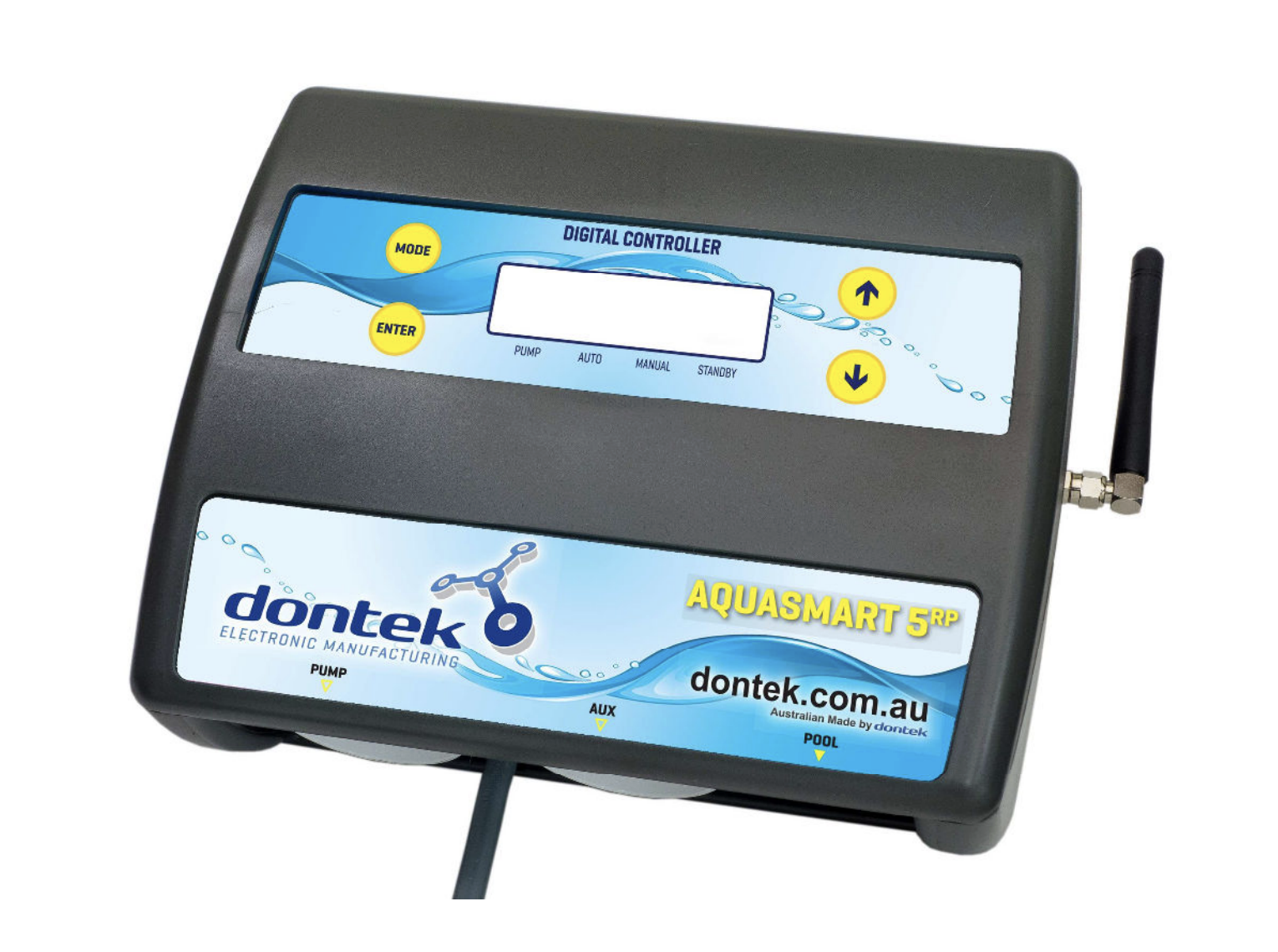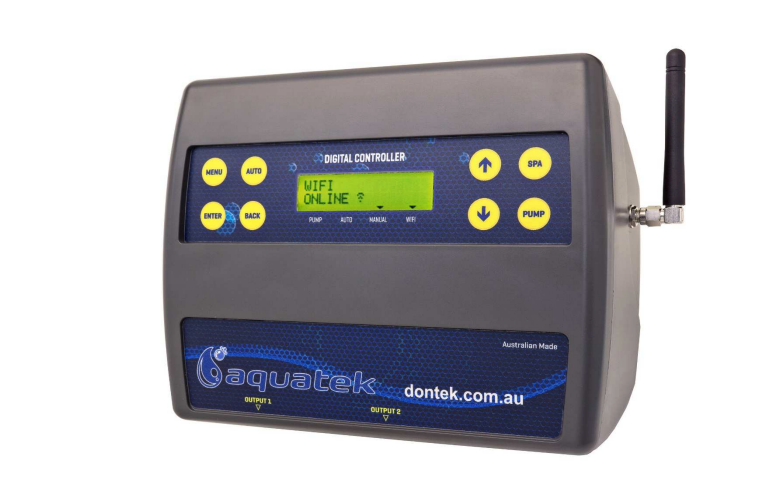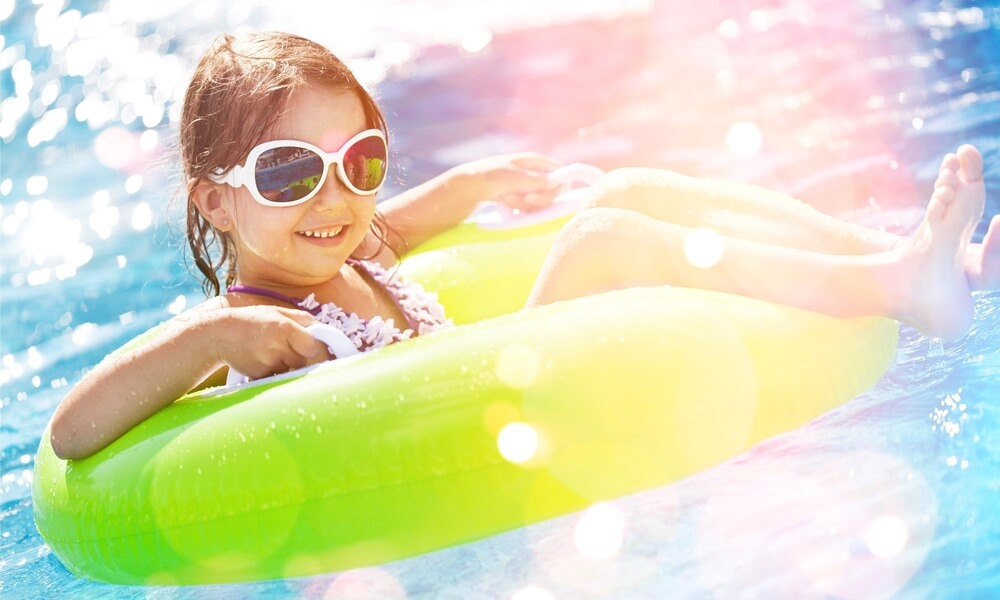Quick and costly, or long-term with bigger savings? Choosing the best heating option for you comes down to how your household uses your pool – do you need flexibility, speed or cost savings?
AES Pool Heating Tweet
Table of Contents
What Factors Influence Pool Heating Costs in Australia?
Before we jump into heating solutions, it’s worth understanding what affects your pool heating expenses in the first place. Just like running a business, knowing your operational factors helps you make smarter decisions.
Size and Depth of Your Swimming Pool
It’s simple mathematics – the larger your pool, the more water you need to heat. According to the Swimming Pool and Spa Association of Australia (SPASA), heating costs increase proportionally with water volume. A 50,000-litre pool will cost roughly twice as much to heat as a 25,000-litre one.
Depth matters too. Heat rises, which means deeper pools require more energy to maintain temperature throughout the water column.
Local Climate Conditions (Tropical vs. Temperate Regions)
Location, location, location – it matters for pool heating just as much as real estate.
If you’re basking in the tropical climate of Far North Queensland, you’ll need significantly less heating than someone battling Victoria’s cooler temperatures. The Australian Bureau of Meteorology data shows average winter temperatures can vary by up to 15°C between these regions, dramatically affecting heating requirements.
Pool Usage Frequency
How often do you actually use your pool? If you’re like many small business owners who only find time for a dip on weekends, heating your pool 24/7 makes about as much sense as paying for newspaper ads in 2024.
Targeted heating aligned with your usage patterns can reduce costs by up to 75%, according to Energy Australia.
Installation and Maintenance Costs in Australia
The upfront investment varies wildly between heating methods. Just like business equipment, cheaper initial costs often mean higher running expenses, while premium systems usually offer better long-term value.
Comparison of Pool Heating Methods by Cost
Heating Method | Upfront Cost | Running Cost | Best For |
Moderate | Very Low | Sunny areas, long-term use | |
Heat Pumps | High | Low | Regular swimmers |
Gas Pool Heaters | Low | High | Occasional quick heating |
Solar Pool Covers | Very Low | None | All climates, heat retention |
What are the Cheapest Ways to Heat a Pool?
Add a pool blanket.
Some pool owners don’t like the look of pool blankets, but today’s varieties are much neater and easier to use than models from a decade ago.
Pool covers limit heat loss through evaporation and can help to heat your pool by as many as eight degrees Celsius! It also prevents dirt and debris from entering your pool, which in turn reduces the cost of running. You won’t need to spend money treating your pool water as frequently because of dirt, evaporation and water imbalances from top-ups or rain.
By retaining accumulated warmth, pool covers also reduce the workload on your pool heater, which translates to even more savings on your electricity bill. Be sure to choose a well-fitted pool blanket for maximum benefit. A 400-micron cover is the most popular choice for most pool owners, due to its durability, colour options and five-year pro-rata warranty.
Keep your pool at a comfortable, not-too-high temperature
It’s tempting to crank the pool up to 30 degrees Celsius when it’s cold, but every degree in temperature can cost 10-30% more in energy costs. Instead, keep it at a swimmable temperature (typically 27 or 28 degrees Celsius) and even consider turning the temperature down if you know you won’t use the pool on weekdays, for example.
Choose the right heat pump size.
It’s best to ask a professional to size up your electric heat pump. It may cost less to buy a smaller unit initially, but you’ll pay for it long-term because it has to work harder to get your pool to temperature. You’re better off going slightly bigger than too small. We can help you choose a size that suits your pool to give you the most economical and effective pool heating solution.
Position Your Pool for Optimal Sun Exposure
This one’s for those planning a new pool installation. Just as you’d position your business where customers can find you, position your pool where the sun can find it.
Pools with northern exposure in Australia receive significantly more natural solar heating. If you’re designing a new pool, speak with your builder about optimal positioning. For existing pools, consider whether surrounding trees or structures could be modified to increase sun exposure.
Install Wind Barriers or Fencing
Wind accelerates evaporation, and evaporation is essentially heat escaping from your pool. Installing strategic windbreaks can reduce heat loss by up to 30%.
Options include:
- Strategic landscaping with native plants
- Decorative privacy screens
- Glass pool fencing positioned to block prevailing winds
The bonus? Many of these options improve the aesthetics of your pool area while serving a practical purpose, much like a well-designed business website that’s both beautiful and functional.
Run Heating Systems During Off-Peak Electricity Hours
If you’re using a heat pump or other electric heating, timing is everything. Many Australian energy providers offer significantly reduced rates during off-peak hours.
Programming your heater to run during these times (typically late evening through early morning) can reduce operational costs by 20-50%. It’s the same principle as scheduling your business operations to maximise efficiency.
Quick and costly, or long-term with bigger savings? Choosing the best heating option for you comes down to how your household uses your pool – do you need flexibility, speed or cost savings?
Making sure you get the right heater for the job
Before making any decision as big as the choice of pool heater – remembering that it’s a choice you’ll be living with for a decade or two! – it’s a good idea to ask an expert. Good advice is only a phone call away, and our team are also happy to provide complimentary quotes on heater size and type, and installation costs.

